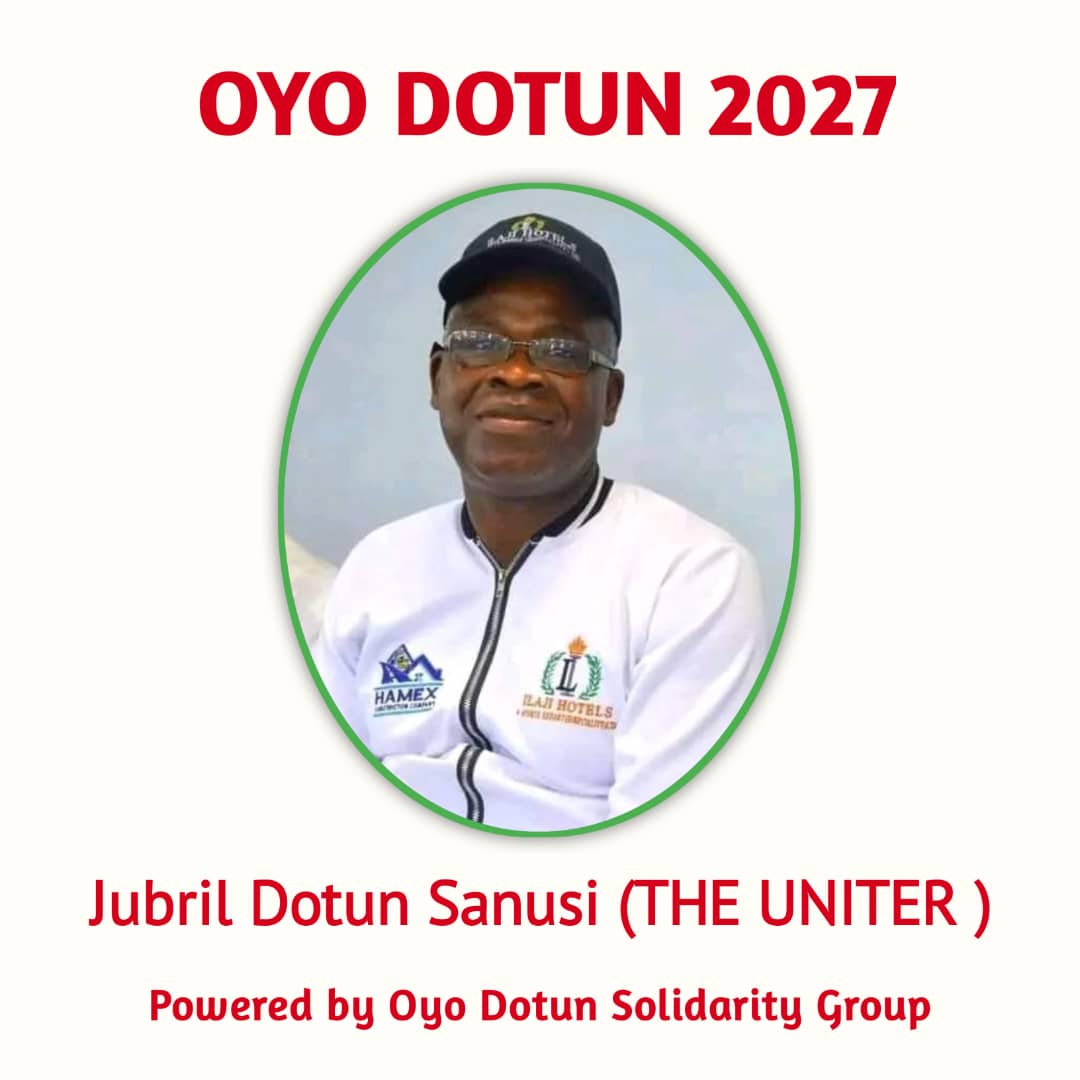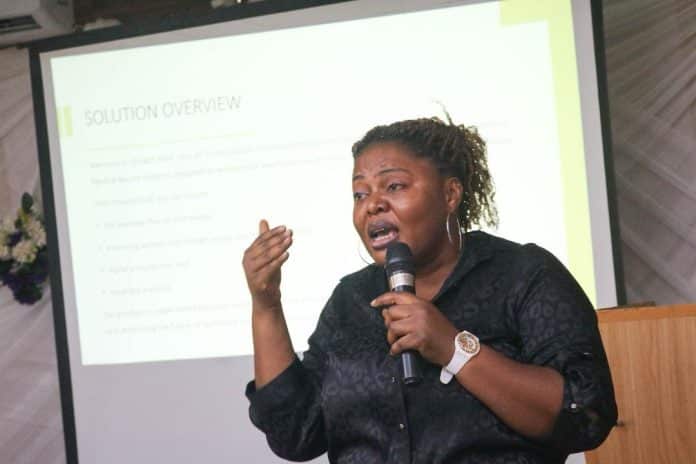Dr. Temitope Farombi is a Consultant Neurologist at the University College Hospital (UCH), Ibadan, Oyo State. She is also the Founder of Online Health Company, a digital health company. In this interview with NewsBreakNaija Correspondent in Ibadan recently, she spoke extensively on the benefits of Telemedicine and how it can help to find solutions to issues around human health system.
Que: How would you describe an online health company, which is new to most people in this part of the world

Ans: Our Digital Health Company helps to provide solution to issues around our health system. For us, the goal is to revolutionalize the health care system using technology, having seen it done in other developed world. It actually helps to reduce the gap in access to care. As we speak, I believe a lot of people have smartphones in their hands. That is what we are set out to do by bringing hospital to your hand such that you can do your virtual consultation with doctor of choice and can also even buy medications through certified pharmaceutical stores without having to go from one place to another.
Que: Which other service do you provide as a Telemedicine company?
Ans: Another beautiful thing about it is that you can still book for test and get it done. Four years ago, we launched out even in the heat of Covid-19 when all our facilities and hospitals were shut down and we were able to ensure that we continue to meet the needs of patients using technology. Since then, we have had over 35,000 consultations on the mobile App and we are still expanding.
“This year alone, we launched our Health Management Information System (HMIS) in January, where we set up an electronic medical record that is all-inclusive and integrated for hospitals for patients to be able to schedule appointments with them easily. It is also for hospitals to be able to have information on their system and study such that there would not be issue of having to write paper or missing card and, in particular, issue of losing paper or file. We launched that and so far so good, we have six hospitals currently and we are expanding in that aspect.
“In our Telemedicine, we have over 15,000 people who have downloaded our ‘O Health’ mobile App and they have consulted us as well.
Que: Do you think Telemedicine is affordable to Nigerians?
Ans: Telemedicine is available to Nigerians. Initially, it looks expensive and that was when mobile phones came in. If you remember then, phones used to be very expensive but as more were coming in, the price was crashing and getting cheaper and it has become what everybody can now afford. That is the same issue with the use of technology in this regard. It requires buying data for them to be able to access internet.
What we have done is to make it as low as possible. It is ninety percent cheaper when you need to go to the hospital. For instance, to talk to a general physician, it is N400 per minute when you do video call while it is N80 when you do textchat. So, what that means is that even if you don’t have money for video call, you are not left out as you can chat and ask questions from the doctor and get advice on what to do. It is as cheap as N500.
Que: Let us talk about the emergency response aspect, which is also important. In case there is an emergency, how do you think Telemedicine can help out?
On the response to emergency, we are currently working on ambulance. If there is an emergency that does not have to do with acute blood loss, for example, if we have somebody who just lost consciousness, like heart attack, you can do a video call with a doctor and they can guide you on what to do even while you are doing it. On the video, I can tell you what to do, like CPR, pending the time full help will come.
I have actually seen a patient having seizures and they called me and, through video, I instructed them on what to do because I could see it was seizure. So, I told them to move things away from the patient and allow him lie flat on the floor. But it is not to take the place of life-threatening emergency. It is just meant to give first aid on your way to the hospital. It helps for normal consultation and follow up and second opinion. That is its strength. But for the cases of emergency or fast aid, the person should call an ambulance and go to the hospital.
Que: How do you, as an expert, cope combining the conventional practice with the Telemedicine?
Ans: The conventional practice has been what I chose to do. However, you can see the world is changing and getting modernized. You see, Telemedicine is not new. It has been practiced for over two decades in the developed countries. But because it is not fully adopted here in this part of the world, what we are doing is to champion what has worked and what is working as well as following the modern trend and knowledge.
You could see the importance of technology in the banking sector. Right now, money moves without people going around to waste time to queue. So, we see the impact and what we are trying to do is bring that same value system into the health care system. Right now, people don’t like to go to hospitals. They believe it is a waste of time and I can tell you that a stitch in time saves nine.
So, what Telemedicine can do is that it helps health facility usage because if you can sit in the comfort of your home, you can chat a doctor in the hospital, which is something easily accessible. But because if you don’t want to go to hospital, you rather patronize a quack on the roadside because it is easily accessible, it is not too good because the damages quacks are doing to our health is unimaginable. If you are able to talk to a doctor and get a real time response, that will do a lot of good and it builds trust back into our health care system.
Que: How many consultations have you been able to record in your four years practice of Telemedicine?
We have done 35,000 consultations across the board. We have about 153 doctors on our platform across all specialties including paediatrics, cardiology etcetera and you can talk to them.
On our App, there is a part that has to do with the AI-enabled chatting system. We are looking at that aspect too but it is different from talking to our doctor. By the time you want to talk to the doctor, you are booking an appointment and he will accept your appointment before the chatting aspect comes up. And in view of virtual consultation, you will be able to see the video of the doctor talking to you.



